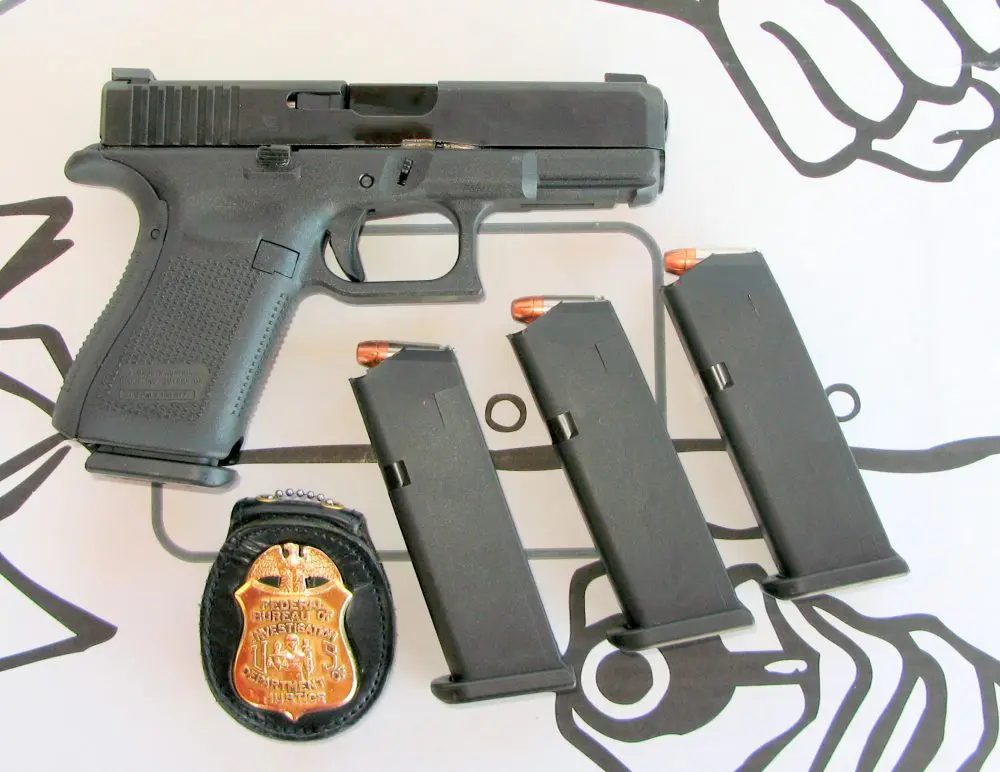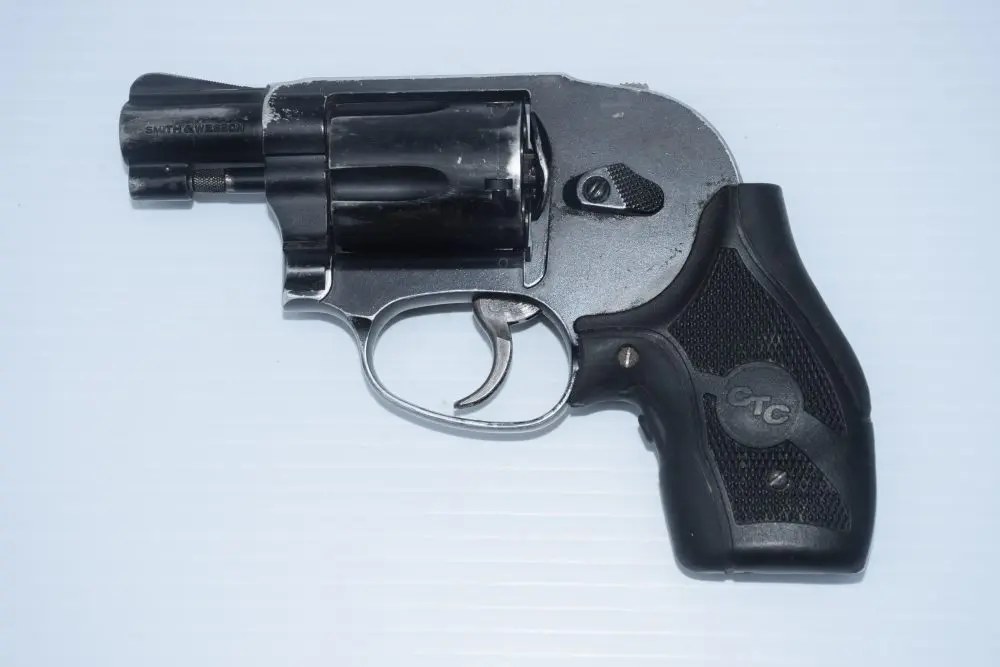As of this writing, H.R. 38, the “National Concealed Carry Reciprocity Act of 2107,” has garnered 212 sponsors—almost half the House of Representatives. This would seem to indicate its chances for passage—at least in the House—are fairly high.
The Washington state-based Alliance for Gun Responsibility certainly thinks so, breathlessly telling their email list that, “Thanks to gun lobby pressure, Congress could vote on a dangerous new bill called Concealed Carry Reciprocity that could pass at any time.”
Former NYC Mayor and perennially anti-gun, anti-freedom billionaire Mike Bloomberg’s gun-ban organization, Moms Demand Action, agrees, dubiously claiming that the legislation “would gut every state’s gun laws.”
But that’s not all the forcible citizen disarmament advocates have to worry about. Also of grave concern to them is H.R. 3668, the “SHARE” (Sportsmen’s Heritage And Recreational Enhancement) Act, which has already passed in committee voting and could get a vote on the House floor any day.
The SHARE Act covers a variety of issues, but what most frightens those who favor every restriction on private ownership of firearms they can think of (and they can think of a lot of them) is the part that protects the hearing of gun owners.
Yeah, I know, bizarre, right? Title XV of the SHARE Act would remove firearm suppressors (“silencers” in popular, if inaccurate, parlance) from under the burdensome regulatory regime of the National Firearms Act of 1934—the same kind of regulation that applies to machine guns, cannons, sawed-off shotguns and rifles, etc.
Doing this poses great danger to the American public because, well, the “because” is where the logic really gets fuzzy.
Even the proudly socialist Mother Jones magazine starts its anti-SHARE Act diatribe with the acknowledgment that, “Ever since gun silencers were first regulated in the 1930s, they have been used only rarely in violent crimes.”
The gun prohibitionists’ reply to that objection is that the paucity of examples of suppressors used in violent crimes is proof of the effectiveness of the restrictive laws of the last 80+ years.
But then we are told of the small number of violent crimes in which suppressors were used. Wait a second—we’re told that we need draconian restriction of suppressors because without such restrictions, there will supposedly be more violence.
Then, in response to the point that such violence is very rare, they point to, as examples, instances where the restrictive regulation of suppressors failed to prevent their use in violent crime. In other words, the failures of the law are presented as part of the reason we need the law.
When advocates of suppressor deregulation point out that suppressors bring other benefits as well, including reduced recoil and reduced muzzle flash, even those benefits are to be viewed in a sinister light, because violent criminals would also like to shoot more accurately and with less interference to their night vision.
Sure, and they probably also like for their houses not to burn down. Does that make fire extinguishers a “boon to criminals”?
In reality, gun rights advocates may be setting themselves up for disappointment (and “gun control” advocates may be more worried than they need to be), if we’re hoping this is the big year for gains on issues like concealed carry without regard to state borders, and hearing-safe shooting without hearing protection like earmuffs and earplugs, which can actually add to the danger of shooting, by leaving shooters less aware of their environment.
The Republican Congress has an ambitious agenda on its plate, not a lot of time to get it finished, and a not-very-impressive recent record of getting things done. Add to that the fact that much of the Republican Congressional leadership seems to view gun issues as much more a sideshow than a main event, and it seems a good idea to not get too emotionally invested in the fate of these pro-gun bills.
But while we may know little about what will happen with these bills, we can at least count on the anti-gunners going further and further into fear-mongering hysterics the closer the bills come to passing. Consistency is worth something, I suppose.
A former paratrooper, Kurt Hofmann was paralyzed in a car accident in 2002. The helplessness inherent to confinement to a wheelchair prompted him to explore armed self-defense, only to discover that Illinois denied that right. This inspired him to become active in gun rights advocacy.
Take care of me, and I, your pistol, will always take care of you.
[This column first appeared in the January 2009 issue of S.W.A.T.]



